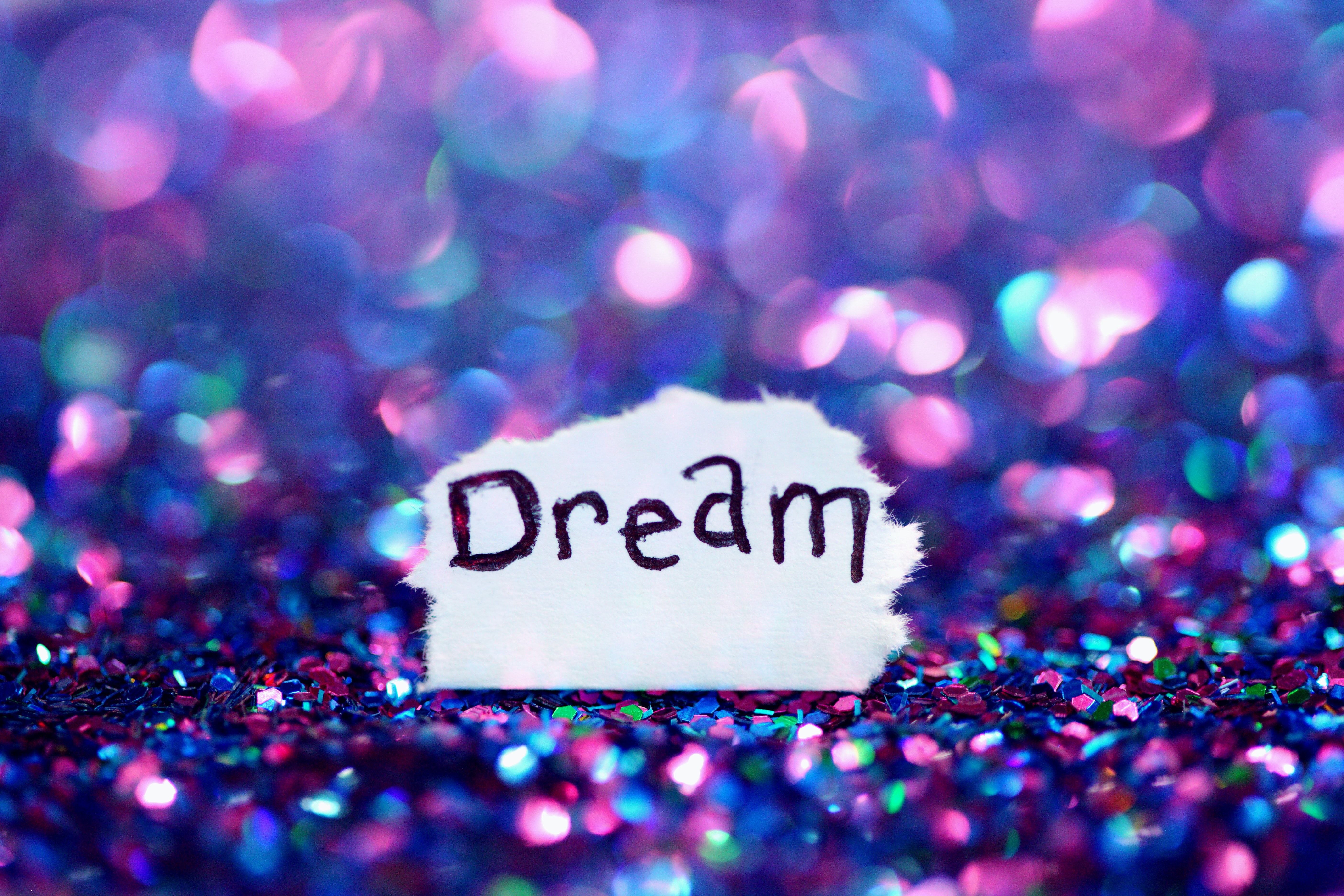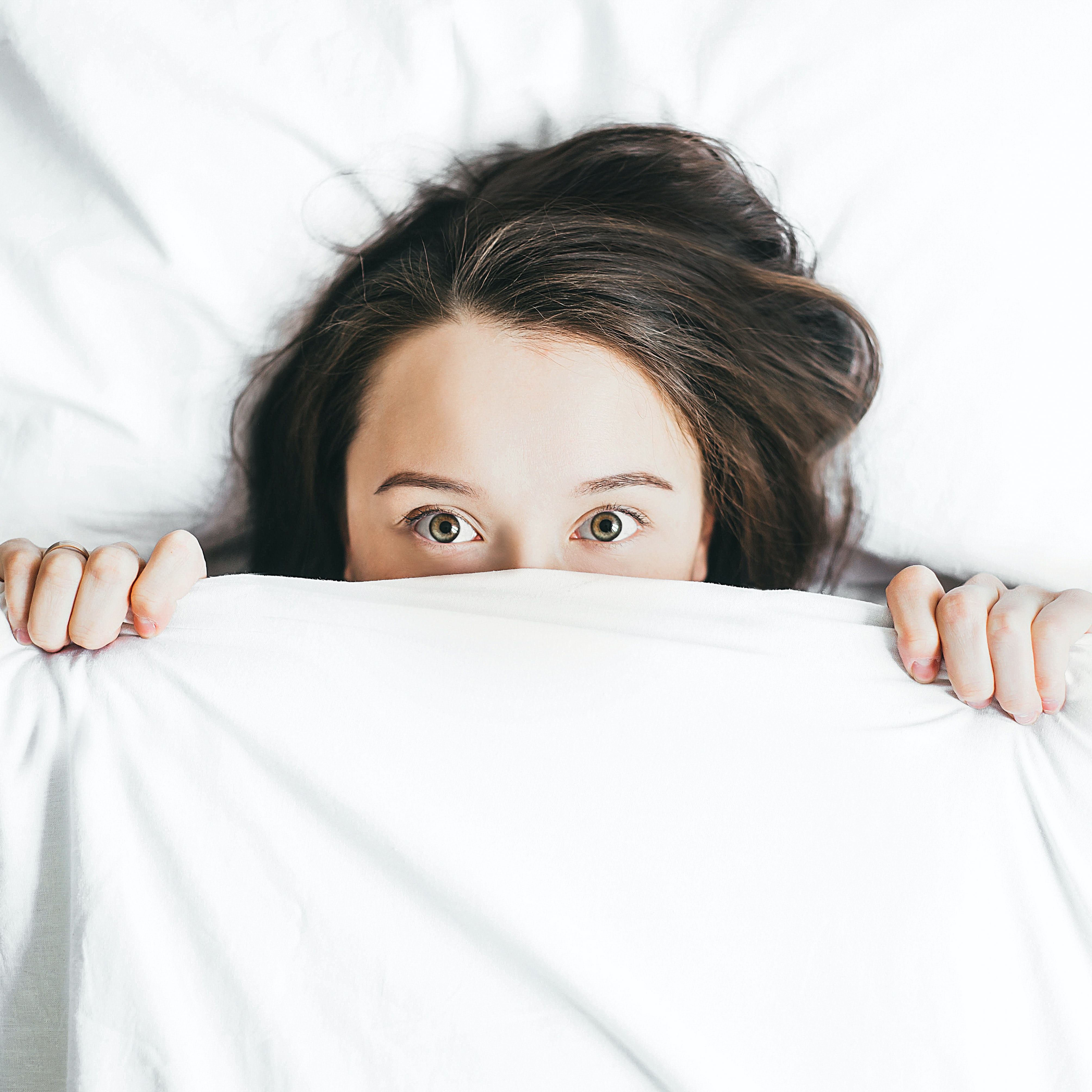We all know that the coronavirus is the stuff of nightmares,
but has it been giving people nightmares as well? A recent article in Time
seeks to answer that very question. While the science of sleep remains little
understood, there's enough evidence out there to establish that COVID-19 has
had implications on our dreams, albeit in unpredictable ways.
It might seem relatively obvious to state that the
coronavirus has had some effect, considering that the crisis has touched
virtually everyone on the planet personally. Of course, an event of such a
far-reaching scope would change the way we experience sleep because it's
altered how we experience the other aspects of our lives: work, socializing,
entertainment, everything.
But there's enough data to afford us to be a tad more
specific. There are at least two discernible reasons why the coronavirus would
influence the way people dream. One, the pandemic causes huge amounts of stress
and anxiety. People out of work as a result of government-required lockdowns,
for example, still have to worry about paying their bills, and the existential
nature of the present crisis adds a layer of intrinsic uncertainty that only
compounds the fear.

There are multiple plausible explanations for the latter phenomenon. First, as every insomniac already knows, anxiety (including racing thoughts, physical aches and pains, etc.) can make sleep more difficult, the result being that the person under duress gets less than the desirable amount of shut-eye. We know from cognitive science that sleep is essential for the processes of memory and learning, among other things. Sleep deprivation, therefore, causes the brain to essentially work overtime, trying to compensate for the lack of asleep hours with more intense dreaming.
Two, there's the process of memory itself. Scientists
believe that our brains are selective in terms of which life moments they
choose to record and prioritize for future reference. The brain wants to
privilege information that could be useful toward the purposes of survival and
reproduction in the future. As a result, the emotionally intense events in our
lives, e.g. an unrequited breakup or death of a loved one, stay relatively
fresh, whereas innocuous interactions such as Uber rides or supermarket runs become
forgettable. Because the coronavirus has profound implications on our emotions,
our brains are busy capturing the moment, and, therefore, our dreams become
more powerful.
The second way that COVID-19's hand can be seen here has to do with social isolation. The science in this instance is comparatively avant-garde, but there is some preliminary research out there to support something called social simulation theory. Because we're isolated as a result of quarantining, we dream more about our friends and loved ones, to compensate for that solitude we're facing and the lack of human connection. This theory would explain why, anecdotally, people have been reporting more dreams in which the absent people in their lives play a central role.
Having discovered the roots of our strange dreams in the common trauma of the pandemic, we can be more specific about the characteristics of the experiences. Dream narratives are a notoriously fraught, slippery subject. It's difficult to get the hang of their peculiar logic, if they have any. Even then, the story may still have no point to it, or, if it does, the moral is often so obvious as to seem trivial.

That being said, some dreams can be reduced to more precise
types because they share certain common denominators. The anxiety dream is
probably the tritest and most cliché of its kind. Everyone will have had some
variation of it: You sleep in and miss the bus on exam day, perform on stage
and realize you forgot your pants, etc. You wake up in a cold sweat before
feeling a wave of relief wash over you, as the realization dawns that the
humiliation wasn't real.
A large part of the coronavirus dreams could be categorized
as anxiety dreams, the ones borne from restlessness and discontent. It can be
said with confidence that this type tends to feature disproportionately
negative content, e.g. death and failure. Unfortunately, it's difficult to be
any more specific than that. Dreams come in such a dizzying, kaleidoscopic
variety that we can only get close to them with frustratingly broad
generalizations.
For the dreams the loneliness of the quarantine creates, we
can call them distinct while also noting some overlap with the anxiety kind. If
we were to draw a Venn diagram of COVID-19 dreams, we would illustrate two
rings with a little oval scrunched in the middle like a third of the Olympics
logo. Some social dreams will also be anxiety dreams such as the bereavement
ones. Others will be discreet entities. The social dream is not necessarily
negative. Its limiting factor is an emphasis on some kind of interpersonal
relationship, especially a preexisting one that the quarantine placed under
strain.
As previously noted, this field of study has a long way to
go. However, as more scientists take an interest and as the coronavirus
continues to provide a veritable cornucopia of real-world data, hopefully
researchers will start to be able to fill in some of these blanks. For
individuals concerned about their dreams being whacked out, just focus on
taking care of yourself, reducing stress in whatever way works, and accepting
human comfort and contact where you can find it.

